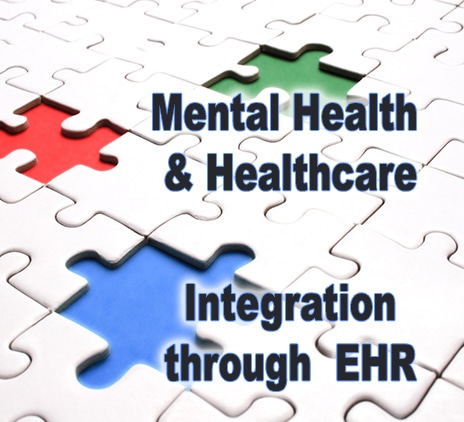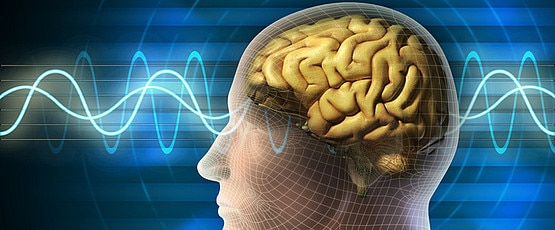Mental health providers are often members of small practices that only include a few individuals. These individuals or even a singular person is responsible for all critical administrative tasks related to running a practice as well as offering quality care to their patients.
These responsibilities include running prior authorizations, insurance verifications, documentation, billing, and much more. These responsibilities can become overwhelming to the largest of medical practices, let alone a smaller mental health practice. For this reason, it is developmentally and sustainably important that mental health providers obtain software that helps them simplify these tasks, run with efficiency and accuracy, and promote quality patient care. Mental health providers should consider utilizing a specialty specific Mental Health EHR to accomplish their goals and grow their practice. Here are the 7 major benefits of a Mental Health EHR.
1) Improved Prescribing
Mental health providers regularly utilize specific types of prescriptions and medications when working with their patients. They do not use medications that pertain to other specialties like Urology or Cardiology. With a specialty-specific Mental Health EHR, providers have access to a specialized list of prescriptions that focus on what is used most often by behavioral health providers. This simplifies the prescribing process by streamlining how providers prescribe to their patients.
2) Tailored to the Specialist
Different from any other specialty in healthcare, mental health uses a unique set of coding and language in their everyday line of work. There exists a large amount of information in a “one-size-fits-all” EHR that a mental health provider will never need to utilize. The benefit of a mental health EHR is that it is tailored to the mental health provider, fit with coding that caters directly to the diagnoses they use the most.
3) Care Coordination
Due to the fact that a patient’s mental health often directly impacts other areas of their health, it is vital that a mental health provider be able to coordinate care with the other providers a patient works with. This includes their General Physician as well as any other specialists they may work with. A quality mental health EHR enables the provider to share patient records with these other providers to ensure the best care for the patient and accurate record keeping on all counts.
4) Security
Traditional paper record keeping is still used among small practices and individuals who have never seen a need to adopt a mental health EHR. With a mental health EHR, patient records are protected in cloud-based storage. Staying HIPPA compliant, providers can not only protect their patient’s mental health records, but they can access those records easily, on the go.
5) Mental Health EHR and Integrated Billing
For a single provider or a small mental health practice, managing your billing among the many patient-critical tasks at hand can leave them feeling overworked and overwhelmed. A unified mental health EHR offers billing integration to simplify the billing process for mental health providers. Master your prior authorizations, insurance verifications, and claims processing with a mental health EHR that integrates with quality medical billing software.
6) Increased Efficiency
With a top of the line mental health EHR, providers can achieve increased efficiency through many different aspects of their practice. This includes eliminating the transcription of patient records with the digital patient intake form, efficient billing, quick scheduling, and documenting. Fit with templates for documentation, a mental health EHR can keep providers off their computer and increase the time they spend with their patients.
7) Accurate Data
Utilizing a mental health EHR can improve the level of accuracy in a provider’s record keeping in multiple ways. By first eliminating transcription, providers enhance the accuracy of a patient’s chart and history. The patient is better able to view and update their information when changes occur, improving clinical accuracy and decision making.





